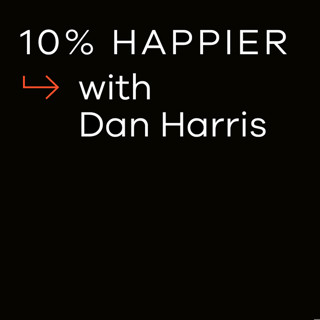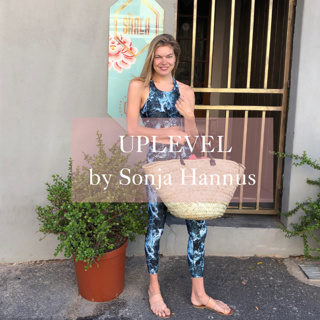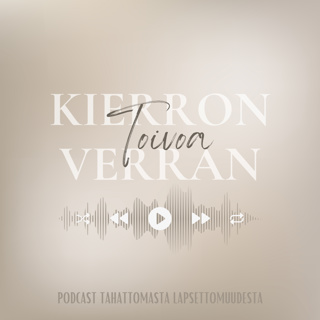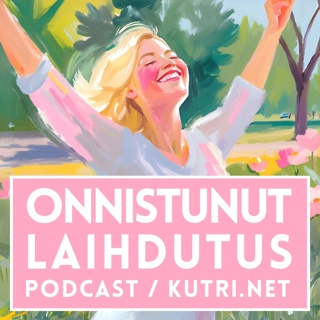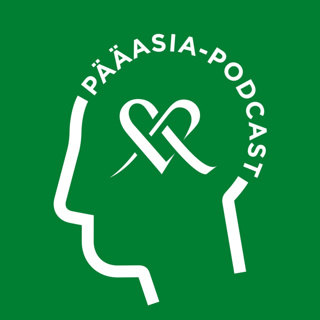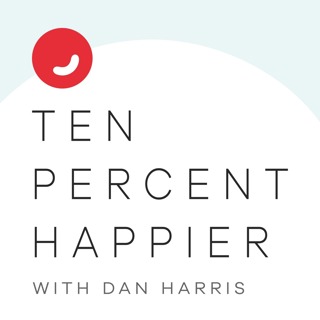
Dr. Richard Davidson
Dr. Richie Davidson, a neuroscientist at the University of Wisconsin-Madison and founder of the Center for Healthy Minds, has been meditating for over 40 years. But it was the Dalai Lama himself who convinced Davidson to dedicate his life to researching the effects of meditation on the brain. Early in his career, Davidson said he "became a closet meditator" and the Dalai Lama "played a major role in me coming out of the closet and encouraging serious scientific research in this area." Davidson's team flew in monks from Tibet and Nepal for the study and asked them to meditate while undergoing scans. When they first looked at the scans, Davidson said the results were shocking.
10 Elo 20161h 5min

Oren J. Sofer
Oren J. Sofer, a former child actor turned longtime meditation teacher, was a 19-year-old college student in New York City when he said he felt things in his life were falling apart. "And I had heard about people going to India for study abroad and I had found out about a program where you wake up, 5am every morning, stay at a monastery, meditate twice a day, no drugs, no sex, no alcohol, and I just said, 'Sign me up,'" Sofer said. Fast forward to present day and now one of Sofer's specialties as a meditation teacher is showing people how to use Mindfulness to be better communicators.
3 Elo 20161h 8min

Mingyur Rinpoche
Mingyur Rinpoche, the author of "The Joy of Living: Unlocking the Secret and Science of Happiness," is a study of contradictions. On one hand, he's been formally recognized as the reincarnation of two Tibetan meditation masters. On the other hand, he has been working with scientists to design research around the impact meditation can have on the brain. In fact, he and other practitioners had their brain activity measured while meditating on compassion and the researchers were stunned by the results. Mingyur also freely admits that he suffered from anxiety and panic attacks as a child, and talks about how he turned to meditation for help.
27 Heinä 20161h

Dan Ryckert
Dan Ryckert works in an industry where you wouldn't imagine there would be a whole lot of meditation: Video games. Ryckert is a senior editor at the popular video game website, Giant Bomb, and he's the author of "Anxiety as an Ally: How I Turned a Worried Mind into My Best Friend." Ryckert's raw memoir details his struggles with anxiety and panic attacks, from trying to find a diagnosis and then with learning how to deal with the attacks in his personal and professional life, and then how he eventually turned to meditation.
20 Heinä 201650min

Claire Hoffman
Author and journalist Claire Hoffman has been practicing Transcendental Meditation since she was 3 years old. When she was 5, she and her family moved to a secluded meditation community in Fairfield, Iowa -- Maharishi's national headquarters for Heaven and Earth. In her new memoir, "Greetings from Utopia Park: Surviving a Transcendent Childhood," Hoffman describes what it was like to grow up in a place where people aspired to follow all of Maharishi's principles, what happened after she began to question them, and how she feels about her spiritual upbringing now as an adult.
13 Heinä 20161h 7min

Dr. Amishi Jha & Maj. Gen. Walter Piatt
Dr. Amishi Jha, a neuroscientist and an associate professor of psychology at the University of Miami, and Maj. Gen. Walter Piatt of the U.S. Army might seem like an unlikely pair, but they have worked together to bring Mindfulness to the troops. Jha studies how the demands of high-stress, high-stakes professions may degrade the brain's ability to make decisions and she has found in her work that groups like accountants, students, athletes and military service members benefit from Mindfulness training. Piatt has served in numerous assignments all over the world, including tours in Korea and Panama, in his more than 35-year military career. He's also completed several operational deployments including Bosnia, Kosovo, Afghanistan and Iraq.
6 Heinä 201654min

Mario Batali
World-renowned chef Mario Batali has 28 restaurants, 10 cookbooks, a daytime cooking show, a food emporium in New York City, and now plans for a food theme park. He also -- somehow -- finds time to keep a daily meditation routine. Batali says he started practicing mantra-based Transcendental Meditation (TM) six years ago after Jerry Seinfeld and his wife, Jessica, suggested he look into it. Batali said he now practices twice a day for 20 minutes, and that it's helped calm his temper.
29 Kesä 201638min

Dr. Mark Epstein
Buddhist psychiatrist and author Dr. Mark Epstein has for years written about the overlap between Western psychotherapy and Eastern Buddhist philosophies. Epstein sat down with Dan Harris to talk about the impact meditation can have on the mind, both positive and negative, for those looking for an escape from suffering. He also went deep into the Buddhist concept of the "no-self," whether Enlightenment can be reached ... and what it might look or feel like. He has written numerous books on these topics, his most recent being, "The Trauma of Everyday Life." Epstein first discovered meditation in college and one of the "breakthroughs" he said that made the practice click for him happened while he was learning to juggle. "Once I got the three oranges in the air, my mind had to relax in order to keep it going and I understood, 'Oh yeah, this is what they're trying to teach me in mediation.'" Before he found meditation, Epstein said he was a very anxious person who worried all the time. Now after practicing meditation for more than 40 years, Epstein said he wouldn't know what he would be without it.
22 Kesä 20161h 8min
